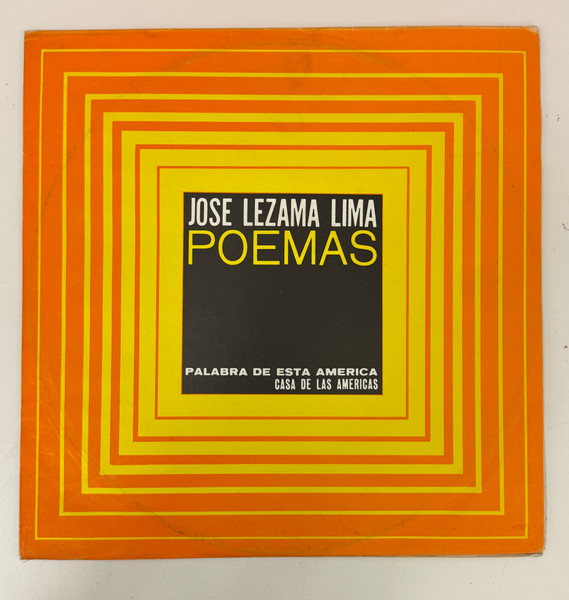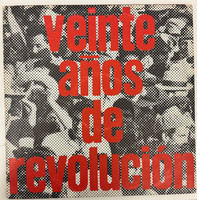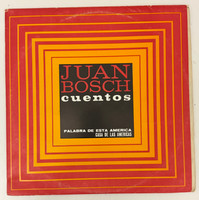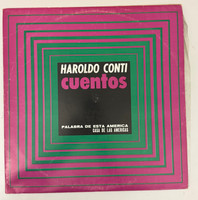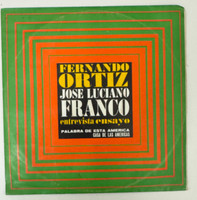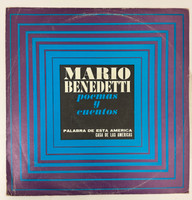- Travel
-
Exhibits
- La Portada Cubana
- Immortal Cuba: Artists Take on Their Heroes
- Seattle Poster Exhibit
- Sandra Dooley & Alejandrina Cué
- The Art of Wayacón
- Cuban Folk Art
- Cuba In Black And White
- 25 Years of Cuban Art Space
- Summer Folk Art Expo
- ¡SPRING AWAKENING FROM CUBA!
- Celebrating The Art Of Cuban Women
- Celebrating Paper, Affordable Art from Cuba
- Art of the Revolution
- Outsider Art
- Lost and Found
- En la lucha: Celebrating Cuban Women and Their Art
- Cuban Art Stash
- 100 Fires: 5 Cienfuegos Artists' Work on Paper
- Waya + Monte! Magic Realism in Cienfuegos
- Viva Cuba Viva! Poster Show
- Cultivando Sueños
- Black Lives Matter in Cuba Jan 9-March 27
- Leandro Soto: Crónicas visuales
- Cuban Canvas
-
Archive
- Global Reflection 2018: Spirit and Community
- Exhibit in the cloud: Contemporary Works on Paper
- MADE IN CUBA! MINNEAPOLIS EXHIBIT
- Cuban Posters and Photography from CCS collection
- AUTUMN SALE! Sept/Oct 2017
- SPRING ARTS AND CRAFT SALE
- Vuelo Directo/Non Stop: Alberto & Alejandro Lescay
- The Many Faces of Fidel
- Somos
- Made in Cuba!
- The US empire in Cuban graphics
- Made in Cuba/Seattle exhibit
- Entre Nos
- Looking Back
- Cuban Art Space
- Membership/Donate
- About Us
- Cuba News
-
Palabra de esta América was an important spoken word recording series produced by Casa de las Américas through their Centro de Investigaciones Literarias and Centro de Estudios del Caribe, with recordings produced by EGREM (Empresa de Grabaciones y Ediciones Musicales), Cuba's state-run record label. The series documented Latin American writers reading their own works, preserving the authentic voices of the continent's most significant literary figures.
This 1978 release, number 22 in the series, features José Lezama Lima (1910-1976), one of Cuba's most important and influential poets and novelists. Born in Havana, Lezama Lima was a towering figure in Latin American literature, known for his extraordinarily complex, baroque literary style that combined erudition, sensuality, and mysticism. He founded and directed the influential literary magazine Orígenes, which shaped Cuban cultural discourse in the 1940s and 1950s. His 1937 debut book Muerte de Narciso (Death of Narcissus) announced the arrival of a unique poetic voice.
Lezama Lima's major poetry collections included Enemigo rumor (1941), La fijeza (1949), and Dador (1960), while his essay collections Analecta del reloj (1953), La expresión americana (1957), and Tratados en La Habana (1958) established him as one of Latin America's most profound cultural theorists. His monumental novel Paradiso (1966) is considered a masterpiece of 20th-century Latin American literature. Though he remained in Cuba after the Revolution, maintaining a complex relationship with the cultural establishment, Lezama Lima's work continued to be celebrated internationally until his death in 1976.
The album cover uses the same Op Art concentric square design as other records in the series, but here rendered in warm tones—orange, yellow, and red squares creating a vibrating optical effect. The color scheme evokes tropical warmth and solar intensity, perhaps reflecting the baroque sensuality and richness of Lezama Lima's poetic language. The design's hypnotic quality mirrors the immersive, layered complexity of his literary style.
The record features Lezama Lima reading his own poems, including "Que tu escarce," "Una oscura pradera me convida," "Noche insular: jardines invisibles," a fragment from his novel Paradiso, "Rapsodia para el mulo," and "El coche musical." This recording preserves the poet's own voice interpreting his intricate, musical verses—an invaluable document of one of Latin American literature's most important figures.
-
-
Discover More at the Center for Cuban Studies

